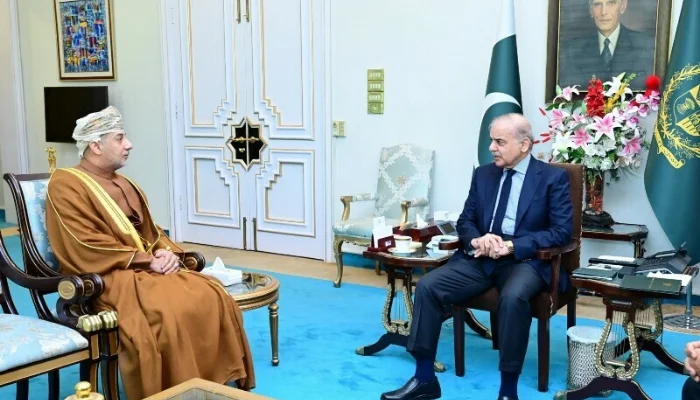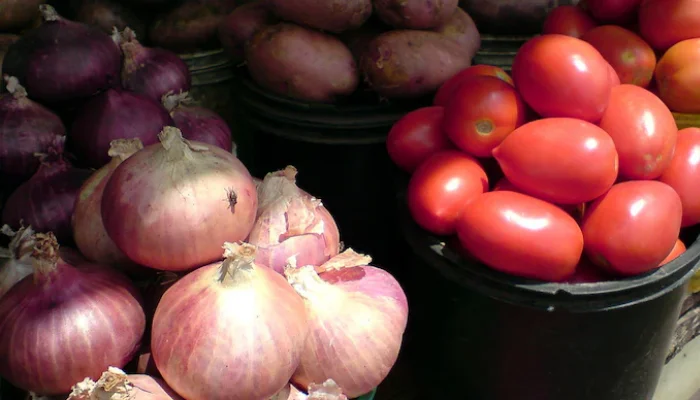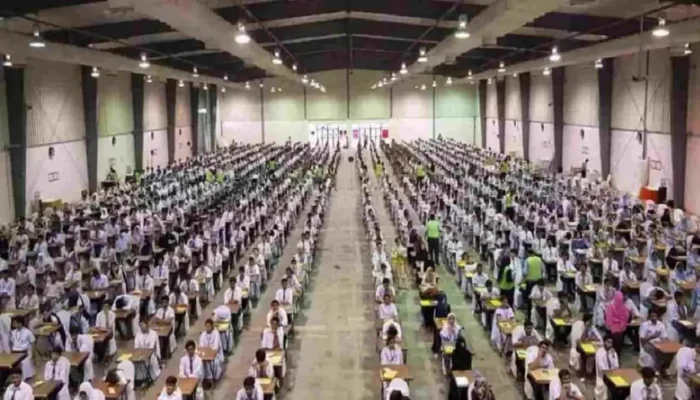Muscat: Federal Minister for Interior and Narcotics Control Syed Mohsin Raza Naqvi visited Muscat on Thursday, where he met Oman’s Minister of the Royal Office, General Sultan bin Mohammad Al Nu’amani, according to a statement from the Embassy of Pakistan in Oman.
During the meeting, both leaders discussed ways to enhance cooperation in various fields for the mutual benefit of the two nations.
A statement from Pakistan’s Ministry of Interior said that the talks focused on strengthening Pakistan–Omani relations and addressing visa-related challenges faced by Pakistani citizens living and working in Oman.
Minister Naqvi emphasized the deep religious, cultural, and historical ties between Pakistan and Oman. He noted that thousands of Pakistanis are currently employed in Oman, contributing significantly to the Sultanate’s growth and development.
“Easing visa procedures will help more skilled Pakistani workers find employment opportunities in Oman,” Naqvi said during the meeting.
General Al Nu’amani reaffirmed the brotherly bond between the two countries and expressed Oman’s commitment to expanding bilateral cooperation.
Both sides also discussed the regional situation and agreed on the need to strengthen mutual engagement to promote peace, stability, and development across the region.
Meanwhile, in a related regional development, a new rail service between the UAE and Oman has been announced. Noatum Logistics, a company under AD Ports Group, has signed a preliminary agreement with Hafeet Rail, the developer and operator of the first cross-border railway network linking Oman and the UAE.
Under the agreement, Noatum Logistics will operate a daily rail service between Sohar and Abu Dhabi, running seven container trains per week. Each train will have a capacity of 276 TEUs, amounting to an annual transport capacity of around 193,200 TEUs — marking a major step forward in regional trade connectivity.

















